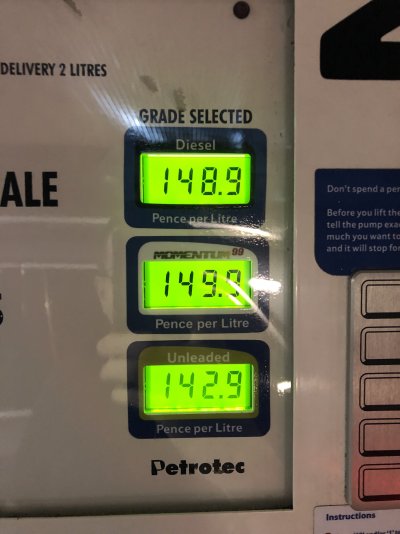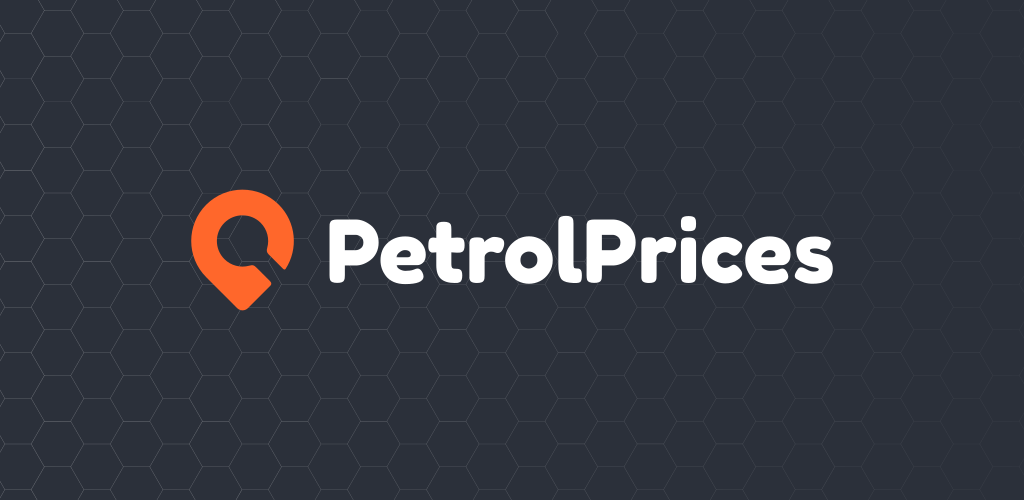Filled up on the way home earlier instead:

@E55BOF, could be worth checking a different Tesco filling station if you’re passing as I can’t recall paying over £1.50/litre at a few different ones I’ve been to

@E55BOF, could be worth checking a different Tesco filling station if you’re passing as I can’t recall paying over £1.50/litre at a few different ones I’ve been to


